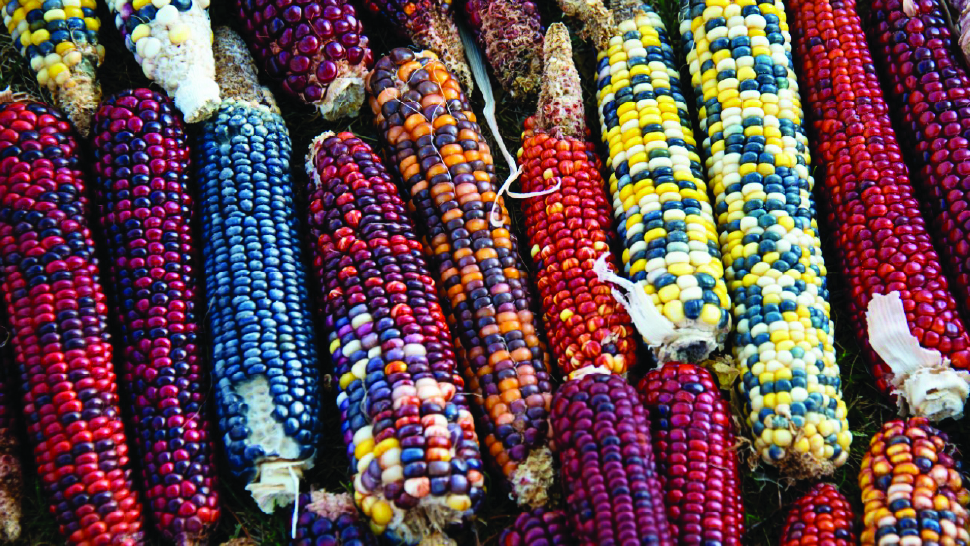
This Native American Heritage Month, we’re centering Indigenous people who are working to promote their traditional foodways and increase food sovereignty in their communities.
In our Learning From the Three Sisters article, we discussed the resiliency of the three sisters growing method, with squash, maize, and beans forming a symbiotic relationship that nourishes both people and the land. In the United States in particular, acts of cultural erasure resulted in techniques like the three sisters being overlooked, often in favor of intensive mono-cropping.
In recent years, a generation of activists have taken up the cause of restoring indigenous foodways and farming techniques. The movement is broad and diverse, with chefs, farmers, and even not-for-profit organizations working from many angles toward common goals. We have highlighted just a few of these people and organizations below.
The Sioux Chef
Sean Sherman (Oglala Lakota) was born in Pine Ridge, SD. Sean is the author of the famed cookbook The Sioux Chef and owner-operator of Owamni, a restaurant in Minneapolis. Sean has gained notoriety for his focus on increasing awareness of indigenous food systems, including Native American farming techniques, foraging and wild food usage, hunting, fishing, and food preservation. ¹ Sean’s team includes “Anishinaabe, Mdewakanton Dakota, Navajo, Northern Cheyenne, Oglala Lakota, Wahpeton-Sisseton chefs, ethnobotanists, food preservationists, adventurers, foragers, caterers, event planners, artists, musicians, food truckers and food lovers.” ²
I-Collective
I-Collective is an autonomous group of indigenous chefs, activists, herbalists, seed and knowledge keepers. The collective’s work is grounded in a focus on indigenous food sovereignty, as they see food “in the most intimate connection to ourselves, our ancestors, our communities, but most importantly, to our future generations.” The group publishes a “multi-media cookbook” called The Gathering Basket, which, in addition to providing recipes, also provides a platform for stories and the sharing of ancestral wisdom.
Native American Food Sovereignty Alliance
The Native American Food Sovereignty Alliance (NAFSA) is a 501 c3 non-profit organization that was created out of a process of grassroots organizing amongst food sovereignty practitioners, communities, and tribal governments.⁴ The organization is broad in its scope, with various branches focusing on topics like resource development, policy and advocacy, the reestablishment of indigenous trade roots, and even youth engagement. NAFSA works to knit together a broad constituency of people with the goal of promoting and achieving food sovereignty in native communities.